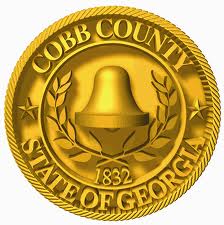The Cobb County Assessors office uses current mass appraisal standards and recent sales data to determine property values. As a result of the end of the moratorium on assessment increases this year they decided to send out new assessments. Some of the commercial real property values doubled. In many cases they were changing values that were established by the Board of Equalization (BOE) in 2011. The Cobb County Assessors claim they physically inspected all properties that received an increase in tax assessment which allowed them to change BOE values.
Business assets owned by a company or organization used in the day to day operations of the business are considered taxable personal property. All businesses are required to send a detailed report of all property annually unless the total value of the property is less than $7,500. Failure to do so can result in a 10% penalty. Reports are due to the Cobb County Assessors office by April 1 each year. Similarly, real property tax returns are due by April 1 and should report any changes to the property description from the prior year. In Georgia if you do not file a property tax return you have, in effect, returned the same value that the tax assessors had on it the prior year.
Once returns are received, the Cobb County Assessors office will analyze the value to determine if they agree. If the assessors do not agree with the returned value they have to send an appealable assessment notice to the property owner. In the event that the owner disagrees with the value calculated by the Cobb County Assessors office, a formal appeal must be submitted in writing within 45 days of the value notice date. Generally, it's best to send the appeal documentation via certified mail to ensure proper delivery in a timely manner. This also ensures you maintain adequate records in the event that the date may be questioned. At this time, the Cobb County Assessors office does not accept appeals or asset reports electronically. All paperwork must be delivered by courier, mail, or hand delivered.
Upon receiving the appeal, the Cobb County Assessor office will send an acknowledgement letter to you stating the recommendation to the Board of Tax Assessors. They will then decide whether to make any changes to the valuation of assets. In the event that you are not satisfied with any change in valuation, you then have 30 days to file a written appeal to the Board of Equalization. Once a hearing is set before the board, you will be notified of the hearing date and given the opportunity to present your case during the appeal hearing. The Cobb County Assessor officer will also have the chance to present evidence there. If neither side can agree with the Board of Equalization's finding, then the matter can be appealed to the Superior Court for final decision.
The Cobb County Assessors office indicated that after a two year freeze on assessment increases that the State of Georgia imposed on all counties it was time for assessment increases. Especially, they said, because property owners kept appealing during the moratorium, forcing values lower and lower. Of course it is hard to argue that during the moratorium values weren't falling lower and lower. Should you have any additional questions about property taxes contact the Cobb County Assessor's office at 770-528-3100.










